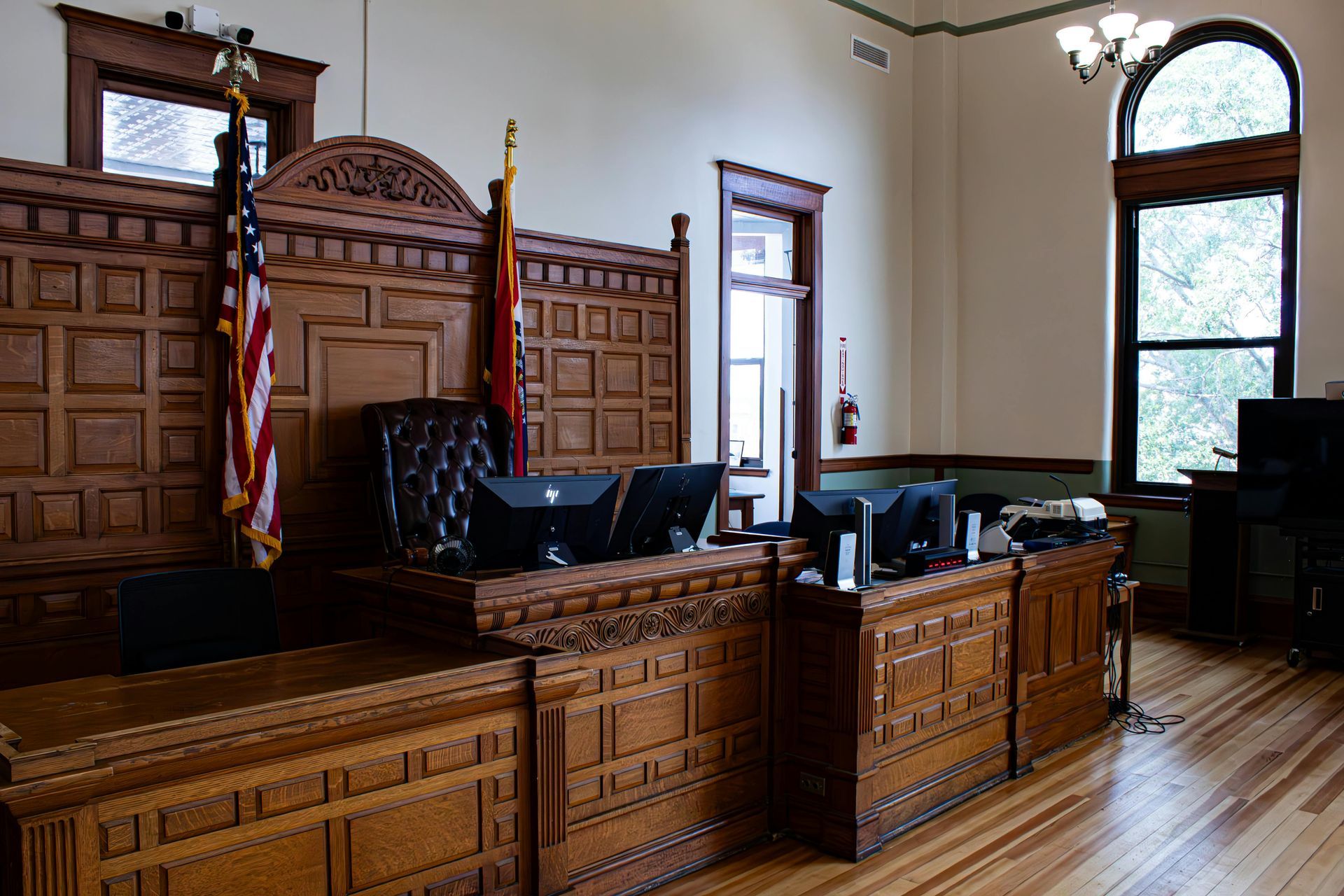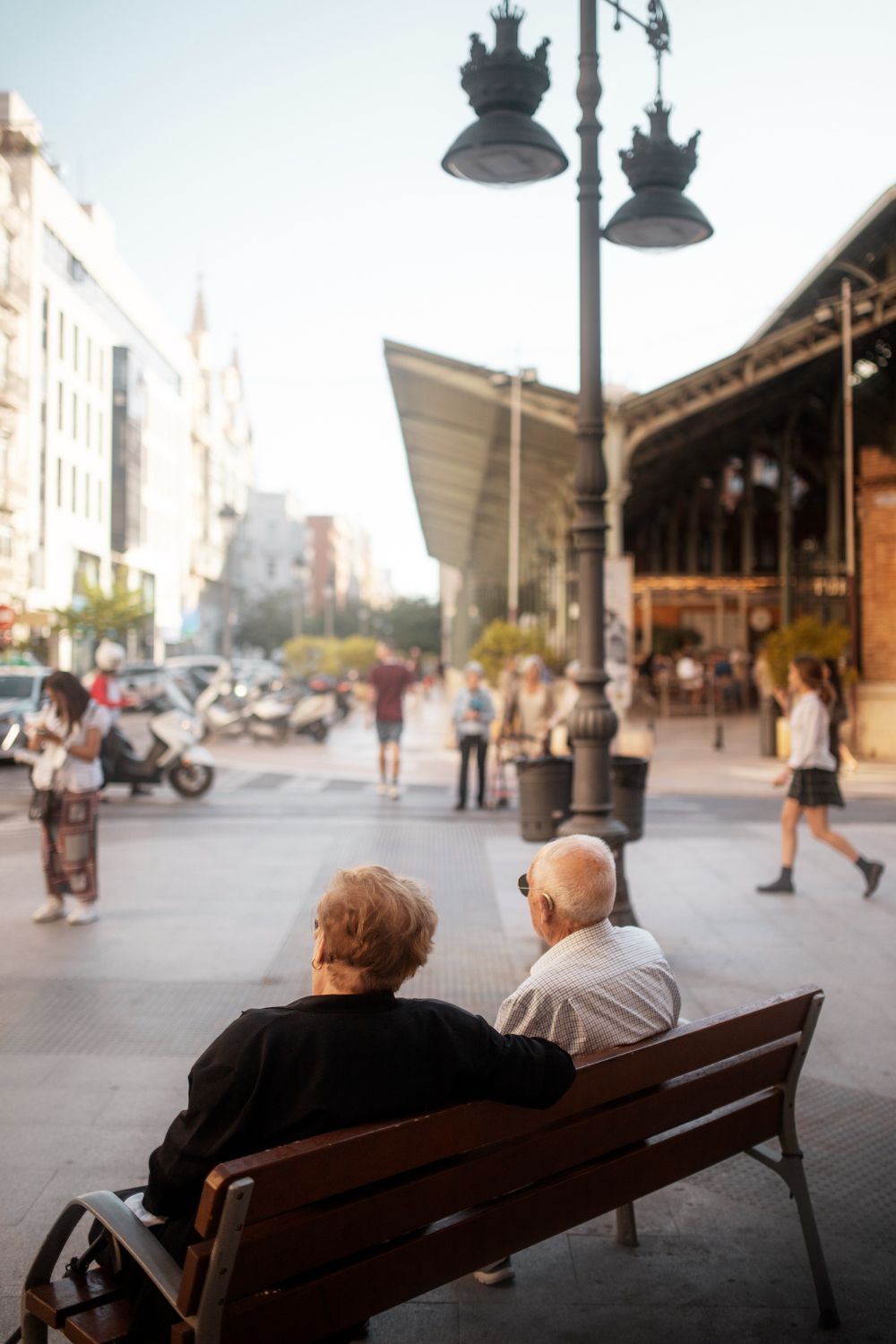Article 81 Guardianship Lawyer Who Guides
Article 81 Guardianship Attorney – Queens Elder Care Legal Help
When an adult can no longer make safe decisions about their personal or financial affairs, New York law allows the court to appoint a guardian to assist them. This is done through Article 81 of the Mental Hygiene Law—a legal process designed to protect vulnerable individuals while granting only the powers they truly need help with.
Attorney Supriya Kichloo is an experienced Article 81 guardianship attorney in Queens who guides families through this complex and emotional process. She also has experience serving in court-appointed guardianship roles, which means she understands the process from multiple perspectives—giving clients both legal insight and practical guidance.
What is Article 81 Guardianship?
Article 81 guardianship is a legal proceeding in New York Supreme Court to appoint a responsible adult—called a guardian—to assist an incapacitated person. The court can grant powers over personal needs, financial affairs, or both, depending on the situation.
The goal is to tailor the guardianship so the person keeps as much independence as possible while still being protected.
Guardianship Guide
When is Guardianship Needed?
Guardianship may be necessary when:
- An elder with
dementia or Alzheimer’s can no longer pay bills, manage medications, or make safe living choices—and no power of attorney is in place.
- An
adult with a disability needs help making personal or financial decisions after turning 18.
- A person suffers a
traumatic brain injury and loses the ability to manage their affairs.
- A vulnerable adult is being
financially exploited or physically neglected and needs legal protection.
In many of these situations, families have no choice but to seek court intervention to ensure their loved one is cared for and their assets are protected.
Trusted Guidance
Our Role in Guardianship Cases
We assist clients with every stage of the guardianship process, including:
- Preparing and filing the petition in Supreme Court
- Representing you in court hearings
- Gathering medical evidence and witness testimony to demonstrate need
- Guiding you through your duties if you are appointed guardian
- Advising on alternatives if guardianship may not be necessary
Supriya’s background in
court-appointed guardianship matters means she’s familiar with how judges, court evaluators, and opposing parties approach these cases—knowledge that can help your petition succeed.

The Guardianship Process in New York
01
Filing the Petition »
A family member, friend, or other concerned party asks the court to appoint a guardian.
02
Appointment of a Court Evaluator »
The court assigns an independent attorney to investigate and make recommendations.
03
Court Hearing »
Both sides present evidence about the person’s capacity and need for a guardian.
04
Court Decision »
If granted, the judge issues an order outlining the guardian’s specific powers and responsibilities.
04
Ongoing Reporting »
Guardians must file annual reports with the court about the person’s well-being and finances.
Alternatives to Guardianship
Guardianship is typically a last resort. If the person has already executed a valid power of attorney, health care proxy, or other advance directive, a full guardianship might not be necessary. However, when those documents don’t exist—or the person is being harmed and urgent action is required—Article 81 is often the best option for immediate protection.

FREQUENTLY ASKED questions
Article 81 Guardianship FAQ
How long does the process take?
It varies, but urgent cases can be heard quickly if there’s a risk of harm. Otherwise, it may take several weeks to a few months.
Can I become guardian if I live outside New York?
Yes, but you must be able to carry out your duties and comply with New York’s reporting requirements.
Is guardianship permanent?
Not always. The court can modify or end a guardianship if circumstances change and the person regains capacity.
We’re Here to Help
Guidance for Families Facing Guardianship Decisions
Guardianship proceedings can be stressful and deeply emotional. Whether you’re seeking to protect a loved one or you’ve been appointed by the court to serve in a guardianship role, having experienced legal counsel is essential.
Call
480-381-1015 or contact us today » to speak with Queens guardianship lawyer Supriya Kichloo about your Article 81 case. We represent clients throughout Queens, Brooklyn, Manhattan, the Bronx, and Long Island.


